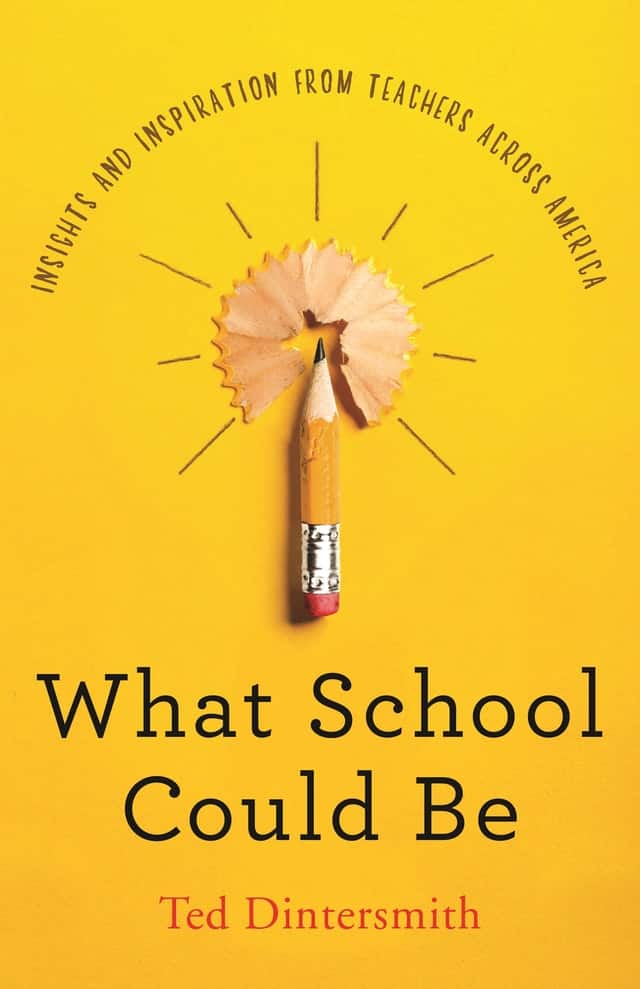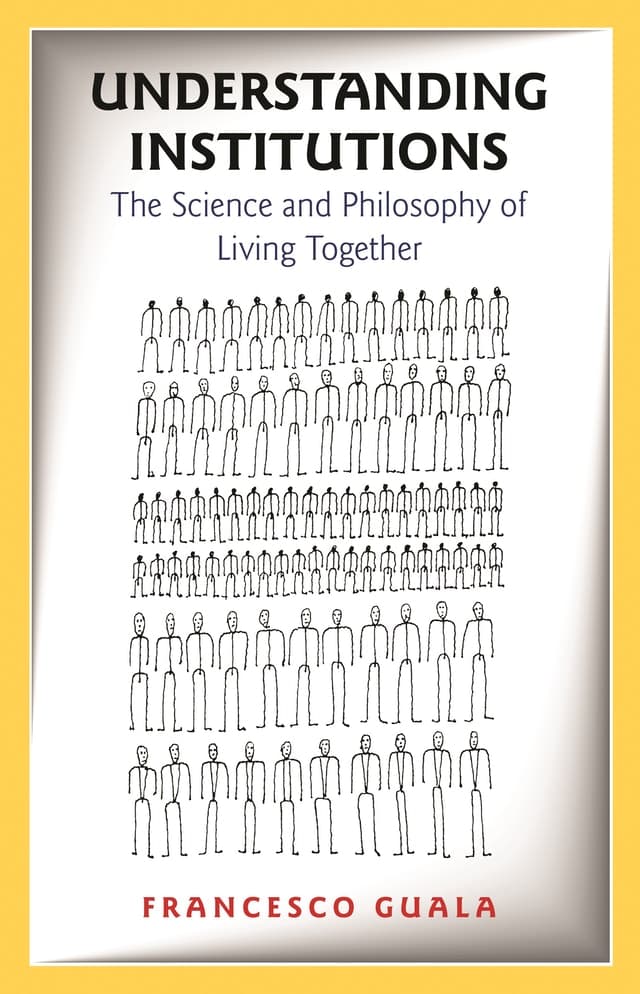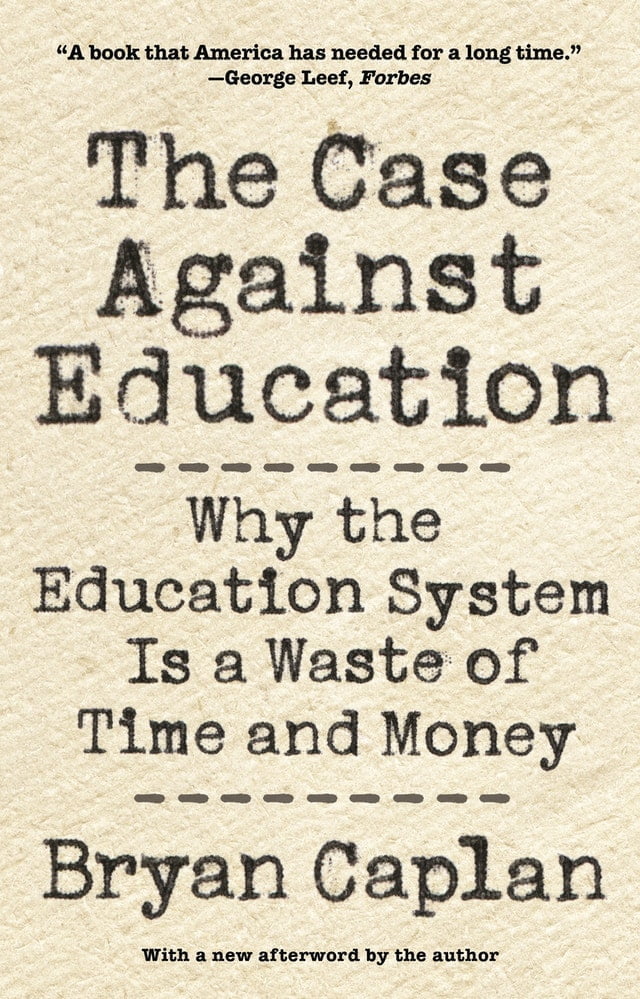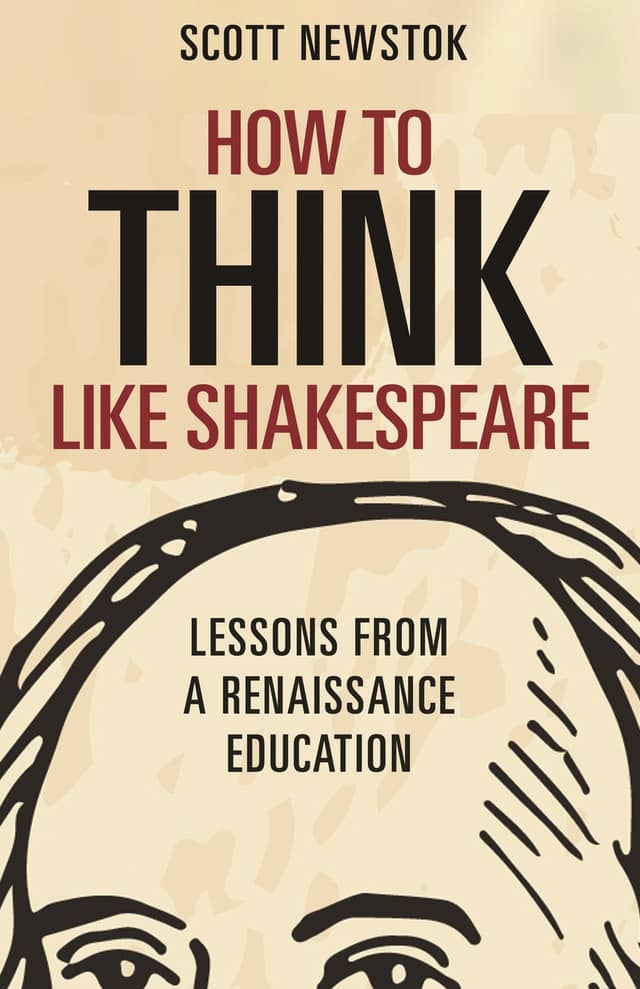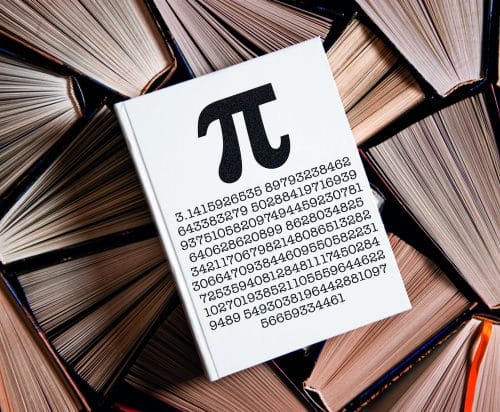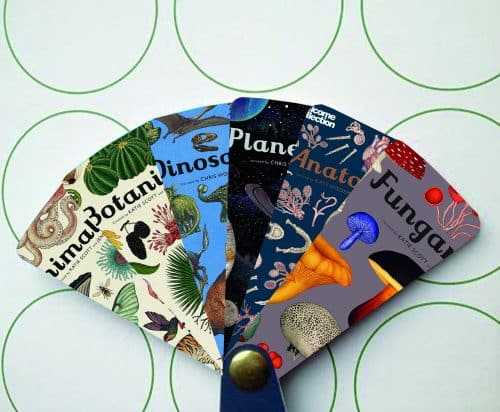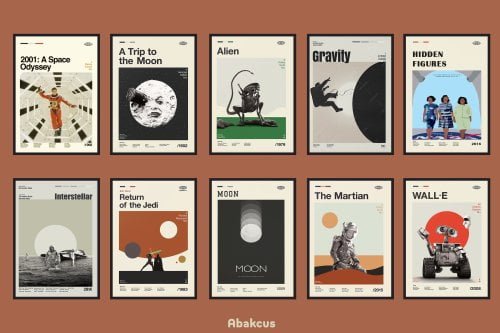In the ever-evolving landscape of education, staying informed and inspired is paramount for educators aiming to make a meaningful impact in their students‘ lives. A wealth of knowledge can be found within the pages of influential books, offering insights into innovative teaching methods, classroom management strategies, and personal development. Whether you’re an experienced teacher looking to refine your skills or a new educator on the journey to finding your footing, these carefully selected books serve as essential companions. Prepare to embark on a literary journey that will enrich your teaching practice and invigorate your passion for education.
10+ Must-Read Books for Educators
Reading is a great way for teachers to learn more, see things from different angles, and grow in their careers. This list of top books offers ideas and inspiration on a variety of topics to help educators improve. Teaching can be challenging, but by making time to read, educators can easily enhance their skills and enrich their teaching, even with a busy schedule.
Being an educator can be a tough yet rewarding job, and sometimes you might need a little inspiration and guidance along the way. This list of top 15 essential books for educators provides clear ideas and helpful strategies to renew your love for teaching. These books for educators cover topics from the core of education to understanding the mindsets that lead to success. They offer valuable lessons that can help you grow as both a lifelong learner and an educator.

In What School Could Be, Ted Dintersmith takes readers on an enlightening and inspiring cross-country tour of American schools. Unlike traditional educational reformers, Dintersmith’s approach is grounded in real-world observations and interactions with educators and students across all fifty states during the 2016–17 academic year. His mission? To reimagine education in a way that prepares students for the rapidly evolving demands of careers and citizenship in an innovative world.
Dintersmith highlights the pressing need to rethink how we educate our children. The traditional education system, which emphasizes rote memorization and standardized testing, is increasingly out of step with the needs of today’s society. In an age defined by rapid technological advancements and constant change, students require an education that fosters creativity, critical thinking, and adaptability.
Throughout his travels, Dintersmith encountered numerous examples of innovative classrooms where learning is deep, joyful, and meaningful. These educational environments are characterized by project-based learning, interdisciplinary approaches, and an emphasis on real-world problem-solving. In these settings, students are not passive recipients of information but active participants in their own learning journeys.
One of the most compelling aspects of What School Could Be is its celebration of educators who are pushing the boundaries of what is possible in the classroom. Dintersmith showcases teachers who engage and excite their students, instilling in them a sense of purpose, agency, and fundamental skills. These educators are the unsung heroes of the book, and their stories provide both inspiration and practical guidance for others seeking to innovate in their own schools.
Dintersmith’s narrative is not just a critique of the current system; it is also a hopeful vision of what education could be. Through the lens of his observations, he paints a picture of a future where schools are places of exploration, creativity, and joy. He provides a roadmap for getting there, emphasizing the importance of community involvement, teacher autonomy, and a shift away from standardized testing toward more holistic measures of student success.
What School Could Be is a must-read for anyone interested in the future of education. Ted Dintersmith’s firsthand accounts and insightful analysis offer a powerful testament to the potential for change within our schools. By shining a light on the incredible work being done by educators across the country, Dintersmith inspires readers to believe in a future where every student can experience the joy of learning and be prepared for the complexities of the modern world.
For those passionate about transforming education, this book is not just a call to action; it is a guidebook for making change happen. Read it, share it, and join the movement to redefine what school could be.
Francesco Guala’s Understanding Institutions is an enlightening exploration into the fabric that holds society together—its institutions. By merging ideas from social science and philosophy, Guala presents a groundbreaking theory that redefines our understanding of social structures like money, private property, and marriage. This book is a must-read for anyone interested in the mechanics of societal organization and the intricate interplay between rules and norms.
At its core, Understanding Institutions combines elements from three prominent theories of institutions—equilibriums of strategic games, regulative rules, and constitutive norms. Guala’s innovative approach integrates these concepts into a unified theory that is both comprehensive and accessible. By doing so, he brings clarity to the complex mechanisms that underlie social structures.
The book isn’t just theoretical; it has significant practical and political ramifications. Guala dives into current debates, such as the meaning of marriage, and demonstrates how philosophical questions about institutions affect real-world issues. This makes the book not only intellectually stimulating but also relevant to contemporary societal discussions.
Guala tackles enduring problems in the social sciences, including reflexivity, realism, Verstehen, and fallibilism. By addressing these issues head-on, he provides a robust framework that can be applied across various academic disciplines. His insights into the criteria of causal and ontological dependence, as well as his analysis of “looping effects” and “interactive sorts” as defended by Ian Hacking, offer fresh perspectives on these complex topics.
One of the book’s standout features is its straightforward presentation. Despite incorporating principles from game theory, Guala’s writing remains clear and understandable. This makes the book accessible to a wide audience, including academics from different fields and anyone interested in the philosophical underpinnings of societal structures.
Understanding Institutions offers new insights into what institutions are, how they function, and their potential roles in our lives. By transcending individual case studies and focusing on general models and principles, Guala provides a fresh perspective that is both theoretically rich and practically relevant. This book is an essential addition to the library of anyone interested in the science and philosophy of living together.
In “The Case against Education,” Bryan Caplan takes a controversial stance on the American education system. He argues that much of what is taught in schools is not vital for students’ futures but rather serves to signal desirable traits to potential employers.
Caplan’s central thesis is that the primary purpose of education is not to impart useful skills or knowledge but to showcase traits like intelligence and conformity. This signaling theory suggests that students are more focused on obtaining easy A’s and accumulating credentials than on learning. Despite increased access to education, the average worker’s job prospects have not significantly improved, according to Caplan.
One of the book’s most compelling arguments is the concept of ‘runaway credential inflation.’ Caplan posits that employers value the costly schooling experience more for its role in proving a worker’s reliability and trainability than for any specific skills gained. This leads to an educational arms race where more degrees are needed for the same jobs.
Caplan’s solution is radical yet thought-provoking. He advocates for cutting education spending as a way to curb this credential inflation. Although this idea might be unpopular, he believes it would ultimately serve to redirect focus toward more practical forms of training and education that directly benefit the labor market.
The Case against Education is a challenging read that invites readers to question the fundamental assumptions about the value and purpose of education. Whether you agree with Caplan’s arguments or not, the book provides a fresh perspective on a system that many take for granted.
In a world increasingly driven by technology and rapid information, Scott Newstok’s How to Think like Shakespeare stands as a refreshing reminder of the timeless value of deep thought and classical education. This book takes us on a journey back to the Renaissance, uncovering the intellectual practices that fueled some of the greatest minds in history and presenting them in a way that is both relevant and accessible to today’s readers.
Newstok argues that modern education, while valuable, often overlooks the profound benefits of classical methods of thinking. By revisiting the practices of Shakespeare and other Renaissance thinkers, Newstok demonstrates how these time-honored techniques can make learning more engaging and fulfilling.
The book explores how Shakespeare, through his works and the educational practices of his time, mastered the craft of thought. This includes the ability to ponder deeply, make connections across different fields of knowledge, and approach problems with creativity and critical thinking.Newstok distills these ancient practices and adapts them for a modern audience. Through this, he shows us that the essence of true education lies not just in the acquisition of skills but in fostering a love for learning and an inquisitive mindset.
While How to Think like Shakespeare is steeped in historical context, its lessons are incredibly pertinent today. Newstok makes a compelling case for why we should integrate these Renaissance practices into contemporary education to cultivate more thoughtful, innovative, and well-rounded individuals.
Scott Newstok’s How to Think like Shakespeare is a profound exploration of the lost art of thinking. It serves as both a critique of modern educational practices and a celebration of timeless methods of learning. By merging the old with the new, Newstok provides a blueprint for making education not just a process of skill acquisition but a joyous, enriching experience.
If you’re looking to enrich your mind and rediscover the joy of learning, this book is a must-read. And for educators, it offers invaluable insights into creating a more engaging and effective learning environment.


